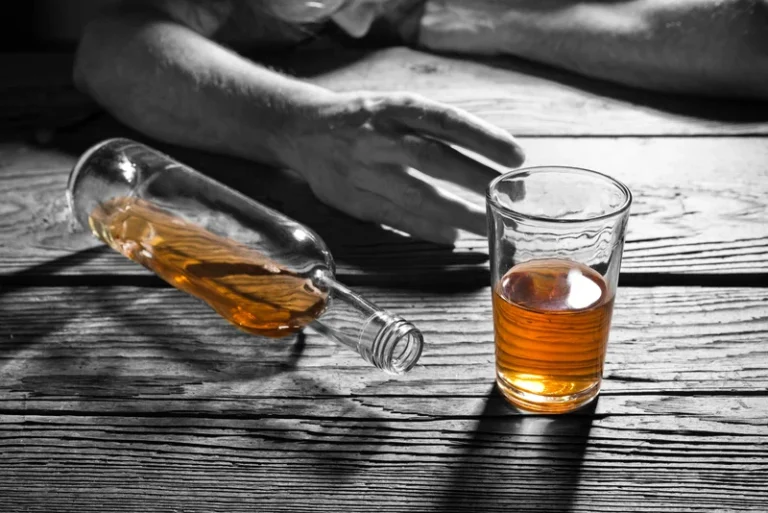
Additionally, connecting with mental health professionals can assist in navigating feelings of isolation and developing personalized strategies for emotional well-being. Addressing loneliness and isolation is crucial for lasting sobriety, as these feelings can derail even the most determined recovery efforts. Sobriety is not just about resisting substances but also about cultivating https://ecosoberhouse.com/ a life that is rich in relationships and purpose. As individuals work to overcome loneliness, they pave the way for a stronger, more resilient life in recovery. Building a supportive social network during addiction recovery is crucial for long-term success. Social connection helps combat feelings of loneliness, fosters accountability, and provides emotional reassurance throughout the recovery journey.
We make the admissions process as easy as possible.

But that leaves them lonely, without their primary coping mechanism – alcohol or drugs – and without the social network that used to make them feel connected. Building and maintaining loneliness in recovery social connections, whether through support groups, family, or activities you love, is often the most effective way to beat loneliness. Did you know that resilience isn’t just about bouncing back from tough times?
How to Stop Gambling Addiction
- These activities create a space where you can center yourself and meet others with similar interests.
- Loneliness can stem from various sources, such as social isolation, strained relationships, or a perceived lack of meaningful connections.
- To learn more about the role of these groups in maintaining sobriety, check out our article on the role of support groups in long-term sobriety.
- Antonovsky’s salutogenic theory emphasizes that perceived social support positively influences health outcomes 5.
Local art studios like Painting with a Substance abuse Twist or music schools like School of Rock offer classes where you can learn and meet new people. A creative outlet fosters self-expression and connection, which are vital tools in recovery. The journey of recovery requires leaving the world of substance use behind, including any relationships that may hinder your progress. If you’ve damaged your previous relationships, it can take significant work to gain those back.

Inpatient Rehab in Kansas: Paving the Way to Recovery
From reading groups or clubs to sports and exercise, new hobbies give you access to new communities and help build relationships with new people. This helps fight loneliness and gives you different things to learn and focus on that aren’t feelings of isolation. If you’re currently in recovery, you likely know the pain of isolation in the depths of substance use disorder.

- Research shows that close supportive relationships contribute to mental health improvements.
- If you are seeking professional assistance to help overcome your loneliness, The Recovery Village is here to help.
- Discover the benefits of drama therapy, its innovative techniques, and its impact on mental health care.
- Rekindle old hobbies, become a volunteer, and engage in regular exercise.
- I also knew that if I wanted to make real and lasting changes, it would take dedication and hard work.
- Department of Veterans Affairs, about 46.4% of individuals who struggle with lifetime PTSD also…
Ultimately, addressing loneliness and working towards recovery can lead to a more fulfilling and connected life. By taking proactive steps to manage loneliness, individuals can enhance their overall quality of life, improve their emotional well-being, and build meaningful and lasting relationships. The journey to recovery may require effort and persistence, but the benefits of overcoming loneliness and achieving a sense of belonging are well worth the effort. Engaging in open conversations with supportive family, friends, counselors, and peers can provide a safe outlet for your feelings and offer crucial encouragement.
